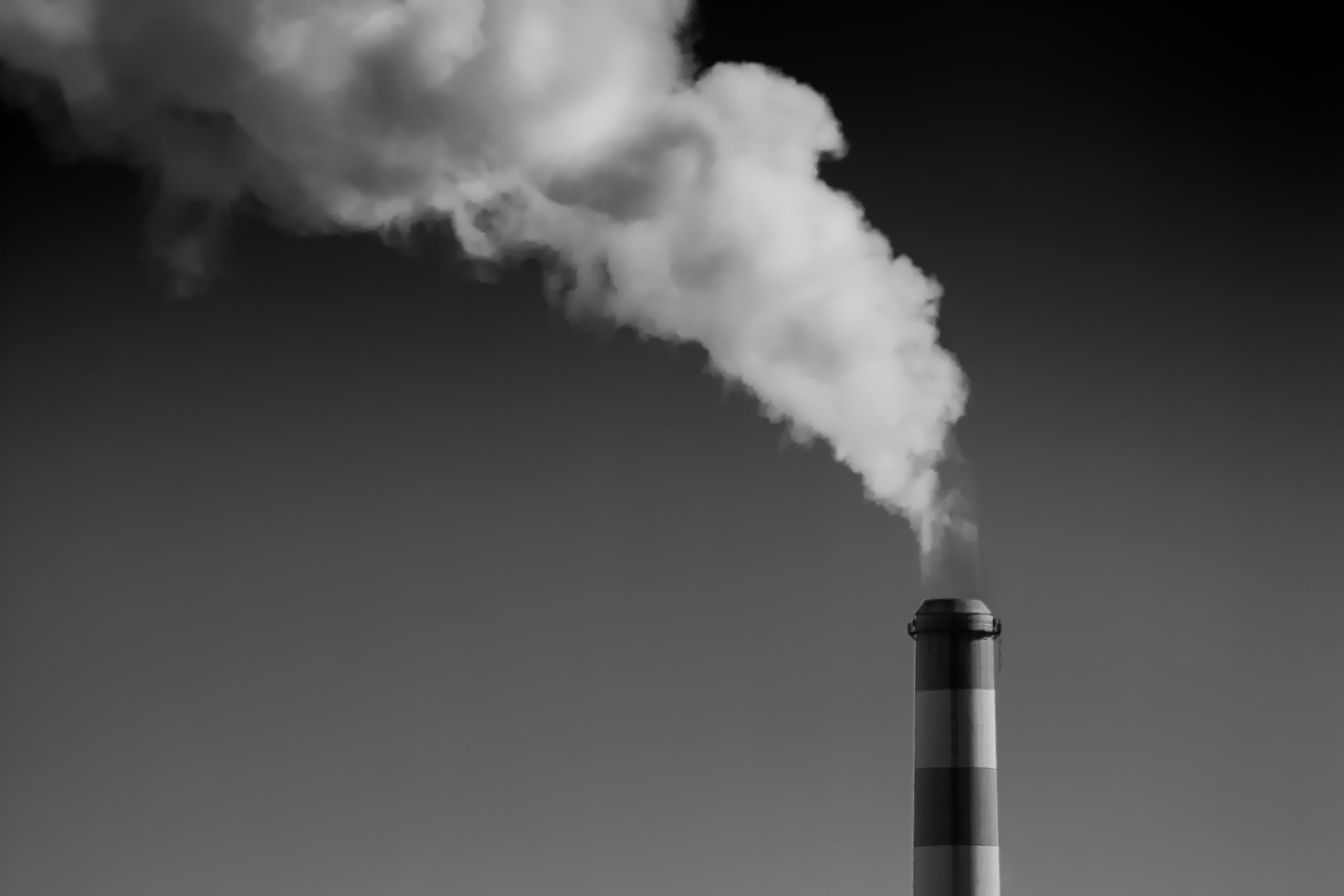
Big Leaks, Little Regulation
Lax regulation by the Texas Commission on Environmental Quality means oil and gas facilities are able to pollute with impunity.
Since 1954

Lax regulation by the Texas Commission on Environmental Quality means oil and gas facilities are able to pollute with impunity.
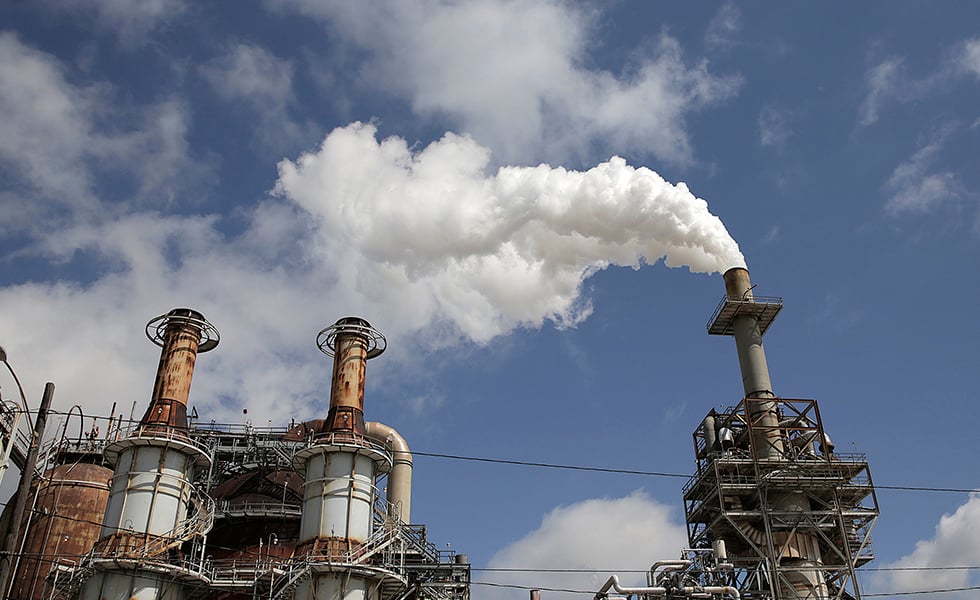
At the behest of the industry, legislators have chipped away at the environmental permitting process in Texas, stacking the deck against concerned people protesting industrial projects.
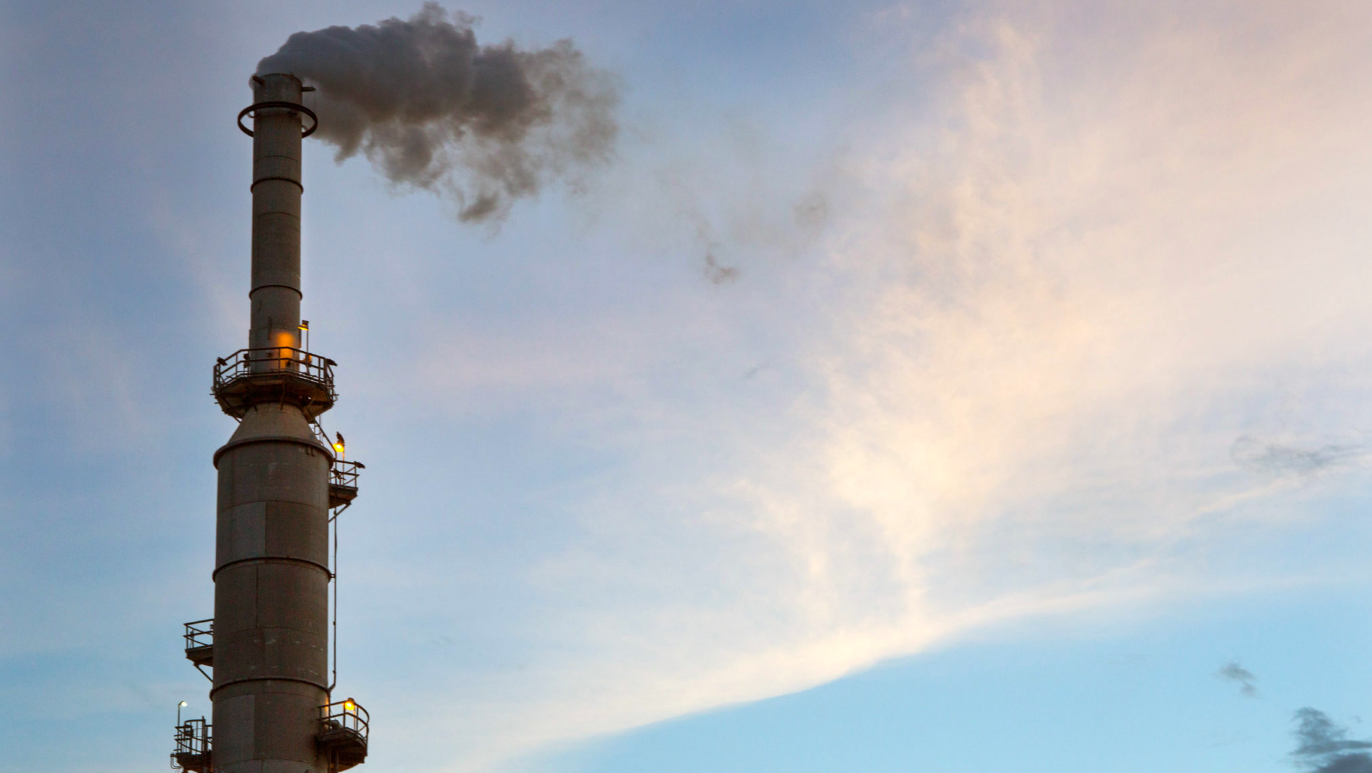
Even as the agency reduced enforcement, it continued processing permits that allow businesses to pollute up to certain limits at about the same rate that it did last year.
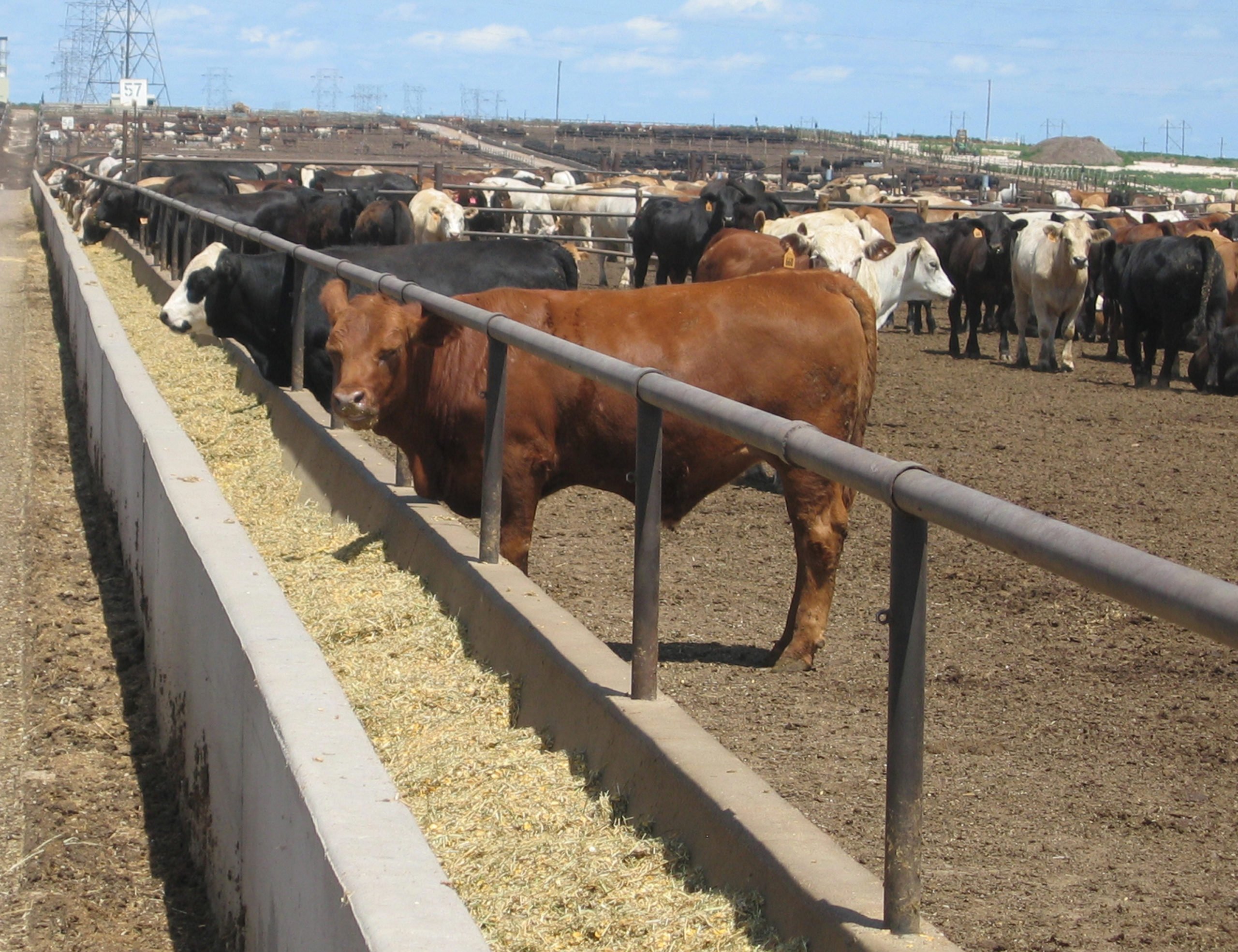
Kathy Stewart has complained for years about the fecal dust invading Yellowhouse Canyon. But so far, her concerns have mostly been ignored.
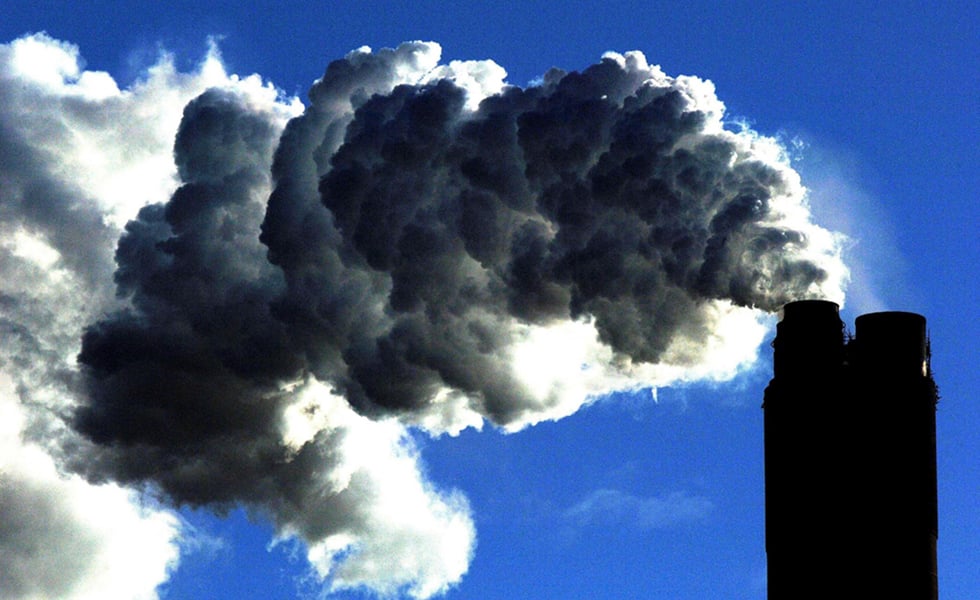
After three plants shut down in late 2017, legal air pollution in Texas fell by 150,000 tons.
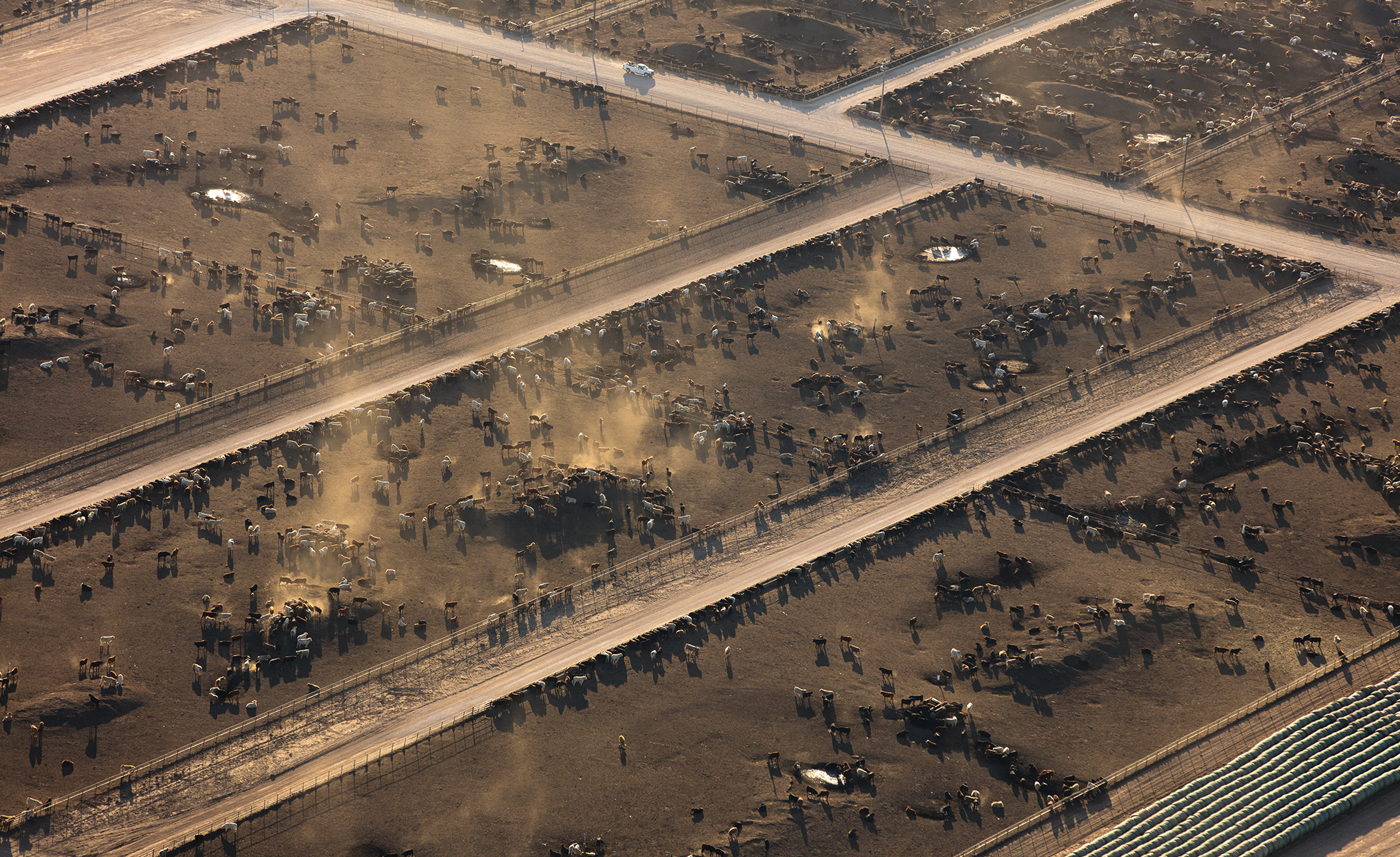
In the Texas Panhandle, which produces a fifth of the U.S. beef supply, communities are being choked by fecal dust from nearby feedlots. The state’s regulatory agency isn’t doing anything about it—and it’s about to get a whole lot worse.
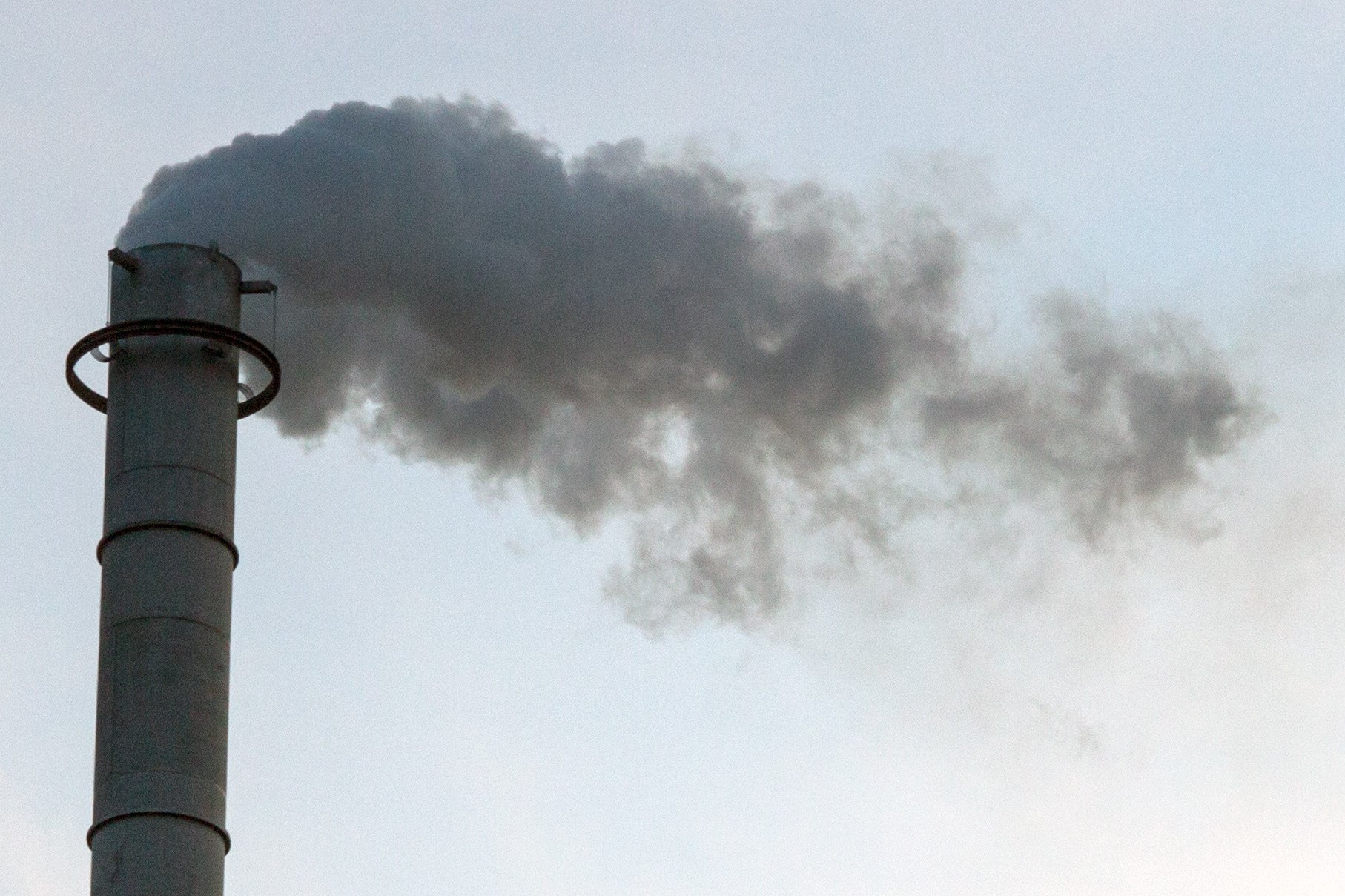
Unauthorized emission incidents resulted in 135 million pounds of illegal air pollution, according to a new report by Environment Texas.
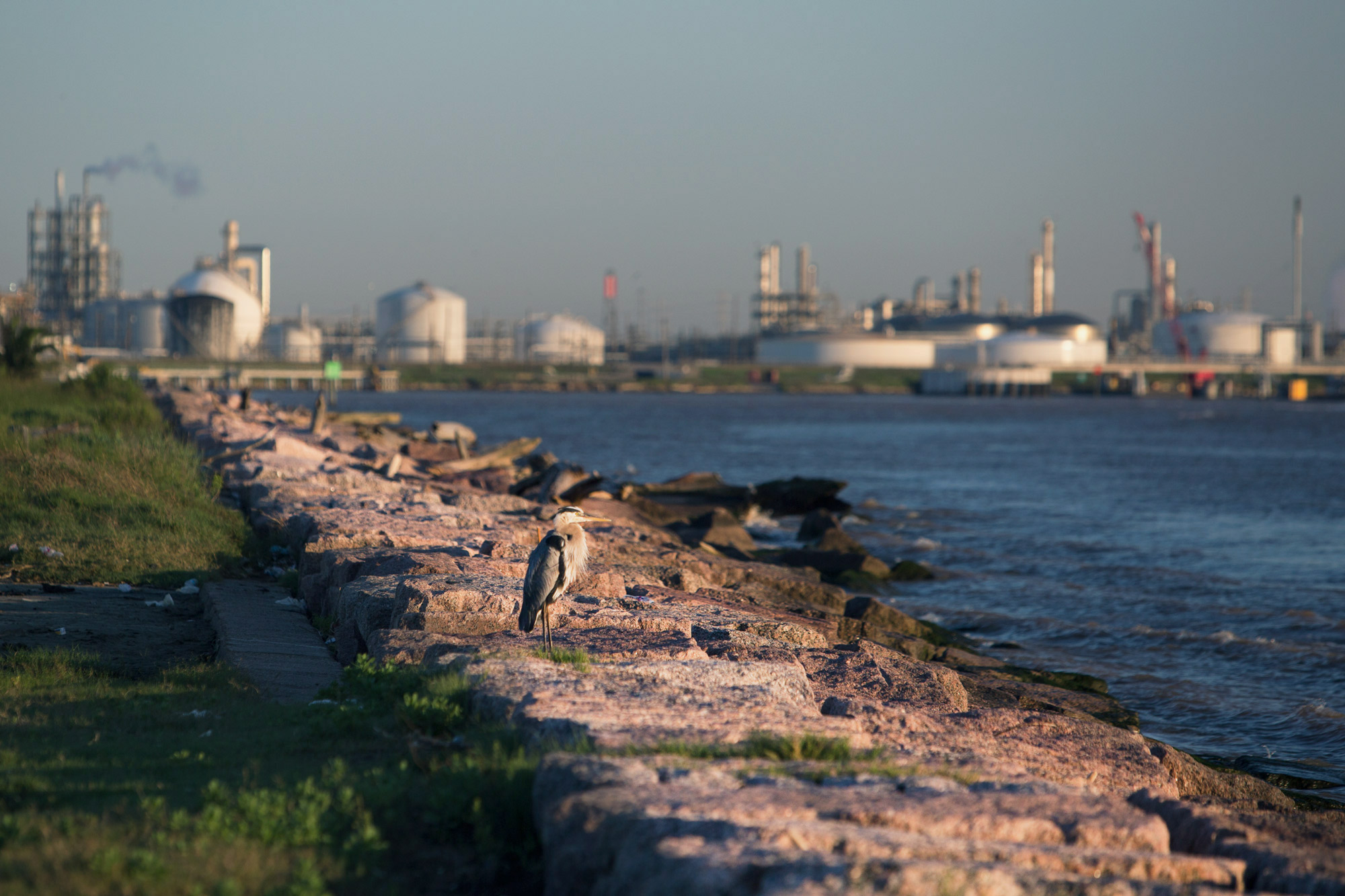
Other states were harder hit by the spill, but Texas is still receiving millions of dollars that can be used for vital restoration and conservation efforts.
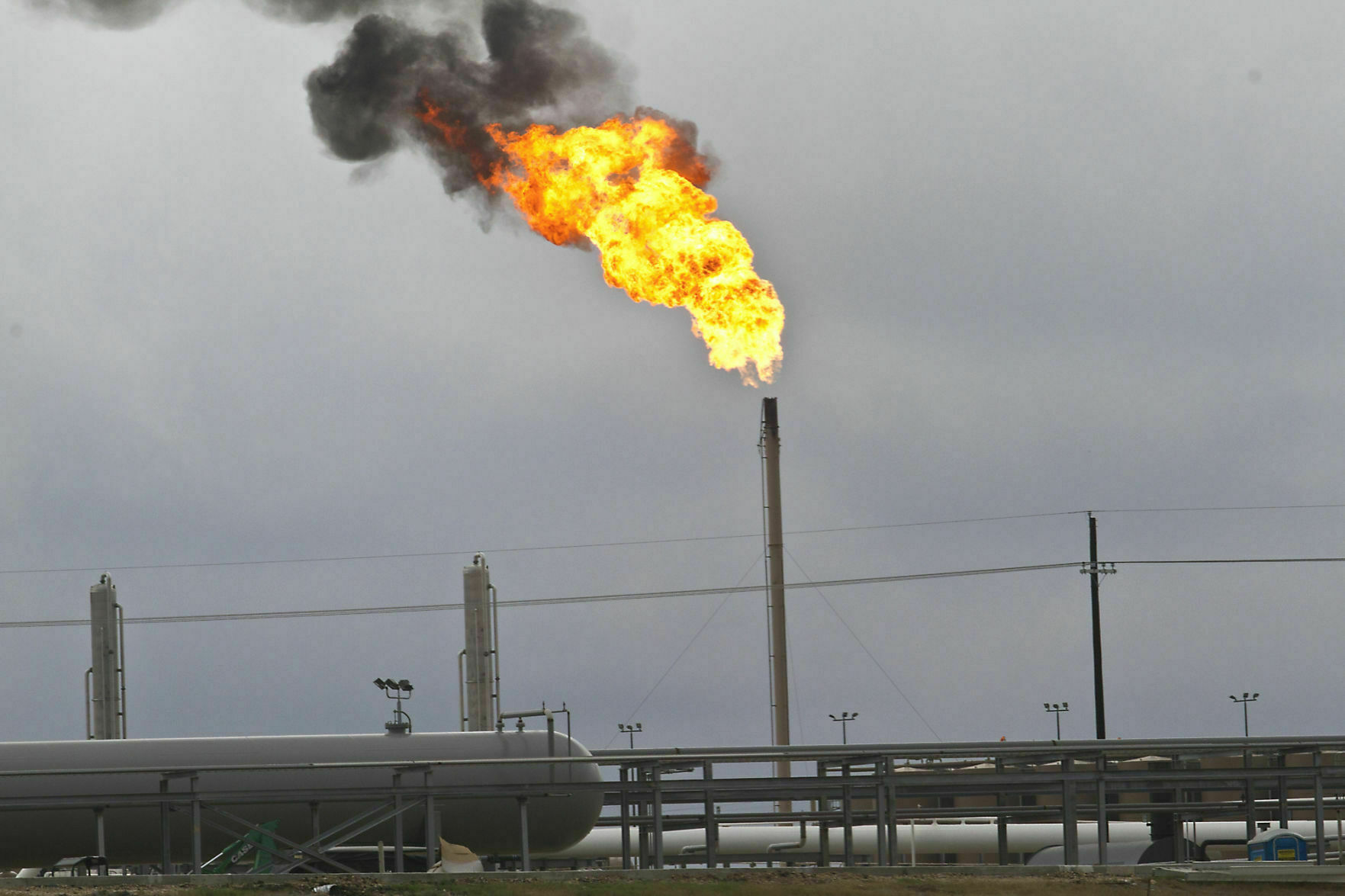
Texas, the nation’s largest oil and gas producer, doesn’t otherwise regulate the potent greenhouse gas.
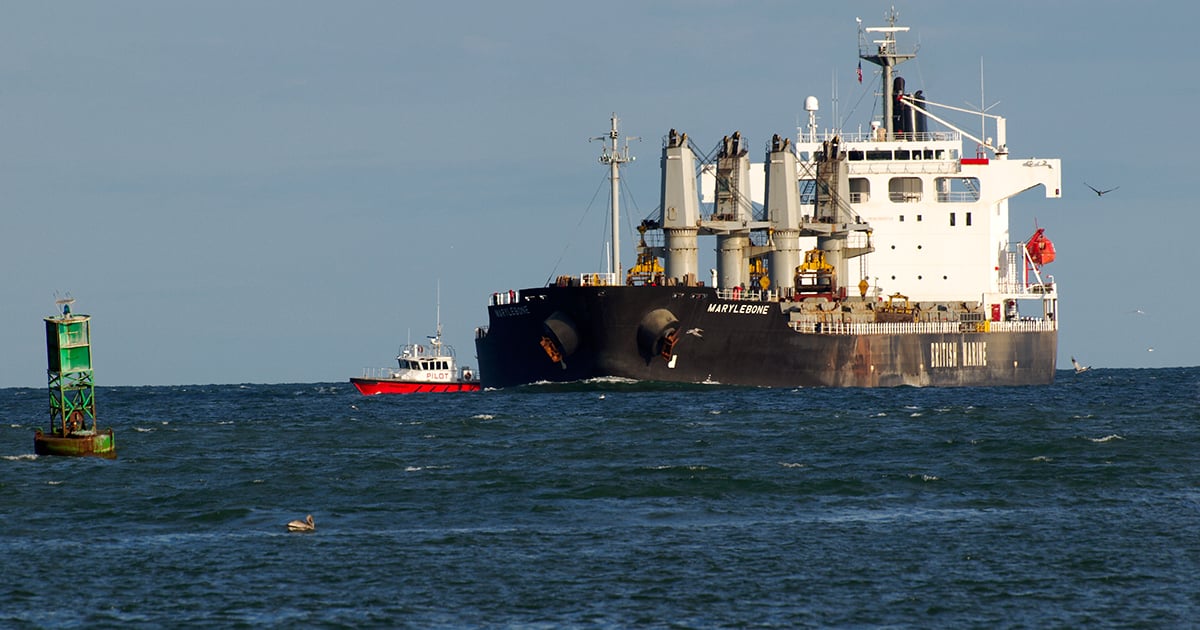
As the agency courts tankers that can carry 2.2 million barrels of crude each, activists worry that the plan could spoil the habitats of the aquatic species that thrive here.